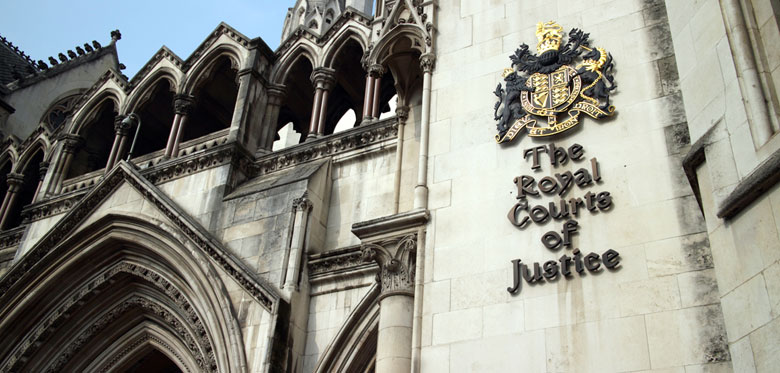How long is a short marriage and how should the assets be divided? The first has not been answered but the second has – effectively, with fairness.
Yesterday guidance was provided by the Court of Appeal on how it may be possible to divide assets more fairly where the marriage is short - but only within particular, distinct circumstances.
This is the reported case of Mr and Mrs Sharp. They are described as having a relatively modest financial background, albeit their asset pot was said to be valued at over £6m. They were both in their 40s and had had a short marriage of four years (a relationship of six years if you count living together) they had no children, they had both worked, maintained separate finances and Mrs Sharp had been paid very substantial bonuses during their relationship, worth approximately £10.5m.
They didn’t pool their resources but didn’t intentionally and deliberately keep their finances separate. They would split restaurant bills and pay half each of the property bills. Mrs Sharp funded the purchase of their houses, their holidays and bought himself three Aston Martins. Mr Sharp didn’t know the detail of the significant bonus payments.
There were some assets that were brought into the relationship and acquired before it.
There was much comment about the length of their relationship – it was said in the judgement to have been: “not so desperately short….as some, but still by no means lengthy.” I think we can accept that it fell within the “short” category bracket.
The established principle for marital asset sharing is that they should usually be divided equally but for Mr and Mrs Sharp the Court of Appeal decided differently. They relaxed the principle of sharing to achieve fairness towards Mrs. Sharp. In short, she got a bigger chunk.
But it was the combination of the specific circumstances in this relationship that resulted in this outcome. These sorts of cases – and such a specific scenario - are likely to be few and far between. For the vast majority, the division of assets is likely to be influenced by the ‘default position’ of the equal sharing principle.
Ultimately the court has absolute discretion to divide what assets there are by fairness and reasonableness. This requires the court to look at all the circumstances, including the needs of each person and their contributions to the pot. As a general guide equality should be departed from only if there is good reason for doing so. In short marriages there can be good reason for departing from equality particularly if assets have been brought into the relationship – with the justification that each party should be able to ‘take them out again’.
This case doesn’t re-write the rule book but it does give guidance and refine it. It confirms the role of the court in ultimate discretion over dividing the assets as fairly as it can based on all the relevant factors.



Comments